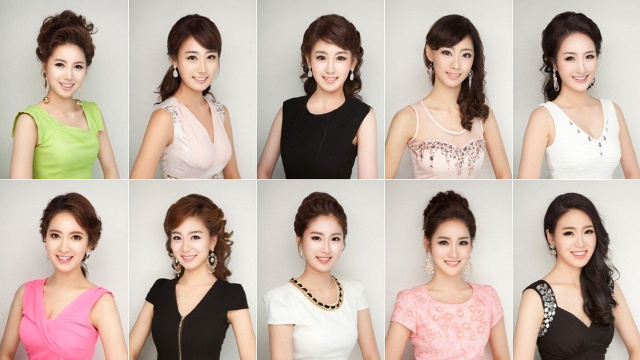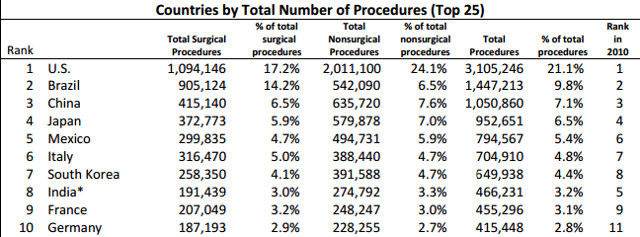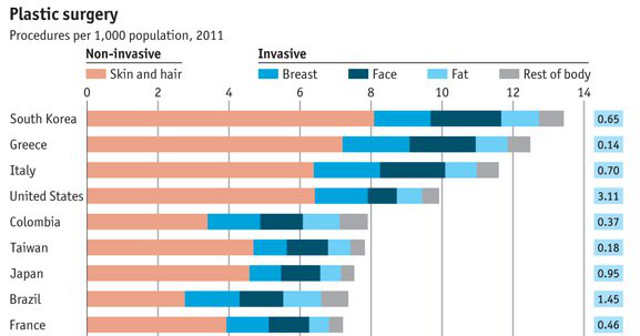SUMMARY
This is AI generated summarization, which may have errors. For context, always refer to the full article.
 A person’s perceptions of things, other people, and events is partly defined by how he learns to react to the world around him. With the Internet and social media, people are learning more about the world around them from more people.
A person’s perceptions of things, other people, and events is partly defined by how he learns to react to the world around him. With the Internet and social media, people are learning more about the world around them from more people.
The Internet and social media, while remaining a powerful force for doing good things and championing worthy causes, also tends to create unfair perceptions. In some cases, it perpetuates and reinforces existing stereotypes or perceptions.
While other forms of media also play a part in creating and reinforcing perceptions, the Internet and social media tend to do this more rapidly and with greater success on a much larger scale than television or radio.
The extent to which Internet culture interferes with the workings of creating, managing, and propagating perceptions is evident in the physical: how we look.
While there is biologically and physiologically sound reasoning for being active and fit, the aesthetics of beauty has changed over time.
Korean stereotypes
The basic idea is that someone who is deemed beautiful looks or acts in a certain way. With Internet culture, however, the spread of ideas is fast and exploitable in a consumer-driven society. These include a particular look being more beautiful, and being physically attractive as being something to aspire for.
Because of Reddit, a social news aggregation website, attention was recently drawn to the nature of Korean beauty and what people perceived as a seemingly unhealthy obsession with cosmetic surgery.
A member (or Redditor) from Reddit put up a post about how “Korea’s plastic surgery mayhem” was making all the Miss Korea contestants look the same.

This post reinforced the perception of South Korea as a plastic surgery-obsessed country and that perception spread quickly through the Internet. But the post turned out to be a misleading Reddit headline compounded by photoshopped faces of the women in the pictures. On top of this, someone else mistook Miss Seoul contestants for Miss Daegu contestants (all of whom were vying for the Miss Korea title).
One issue with this perception, sadly, is that it’s wholly dependent on how information that made this claim possible was represented and spread online.
US is tops
The International Society of Aesthetic Plastic Surgery (ISAPS) came out with global statistics in 2010 and 2011 showing the number of aesthetic and cosmetic procedures performed during those years.
In both cases, the United States ranked first in terms of the total number of procedures done. Over 3 million procedures were done in 2010 and in 2011, with a rise from the previous year. South Korea ranked 8th and 7th for 2010 and 2011, respectively.

What created a perception of South Korea being a surgery-heavy country, however, was likely a report by The Economist. The Economist took the data from the ISAPS report, and then apparently graphed the number of procedures done in 2011 and compared this with the population of various countries.

As a result, South Korea emerged as the country having the most procedures per 1,000 population in 2010 (depreciated due to a recount in 2013) and 2011.
The US ranked 4th in the 2011 graph. With over 3.4 million followers on Twitter today — note that their most recent graph for 2011 was released on Jan 30, 2013 — the spread of The Economist‘s graph could easily reach a lot of people more readily and with greater speed.
Other cultures, too
This, despite some evidence pointing to other cultures having similar “templates” of beauty.
Jezebel.com noted how certain models and actresses seemed to have the same look, and how the Victoria’s Secret Sexy List for 2012 had primarily blonde stars, few minorities, and the cast of Pretty Little Liars as the only brunettes.
As Dodai Stewart remarked on the Victoria’s Secret article, “It’s a circle, a self-fulfilling prophesy: We’re told blonde is the most beautiful, so we believe blonde is the most beautiful, so we want to see blondes, so women dye their hair blonde, so studios and networks hire blondes. What’s sexier than a dominant homogeneous aesthetic ideal?”
While the perception that was created by media and propagated by the Internet does exist to some extent, it might make better sense for us to figure out what holding that kind of perception means or represents. – Rappler.com
Add a comment
How does this make you feel?
There are no comments yet. Add your comment to start the conversation.